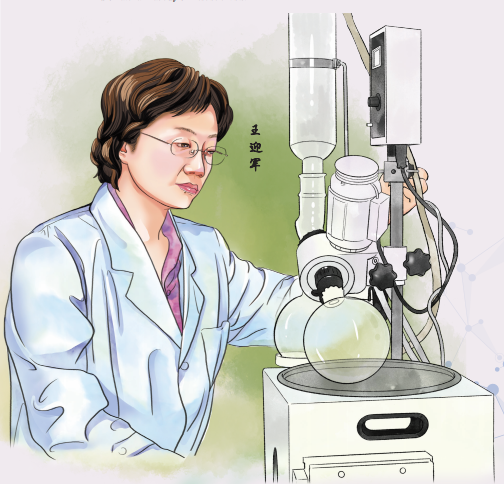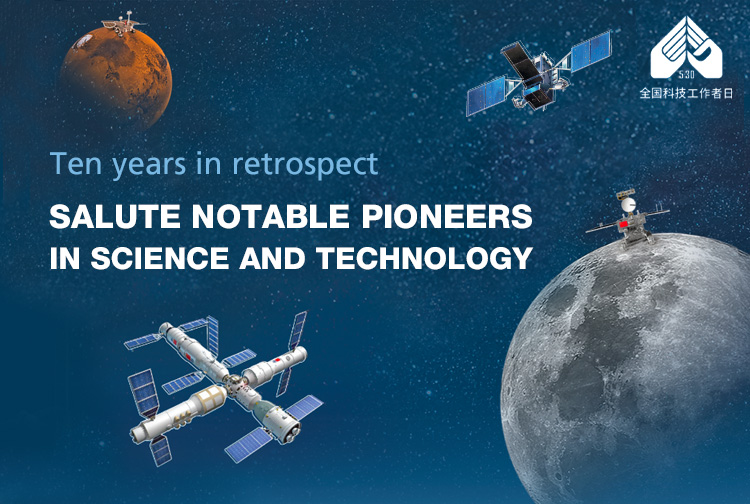Wang Yingjun, 68

Wang Yingjun, 68 [Illustration by Yang Liu and Li Xiaotian]
An academician of the Chinese Academy of Engineering and the director of the National Engineering Research Center for Tissue Restoration and Reconstruction.
She is a noted biomedical material expert who has developed original breakthroughs and products in bone, teeth, tissue engineering and regenerative medical materials.
For Wang Yingjun, the greatest joy is to see her work on biomedical materials can help so many patients and seniors live a better life. Over the last four decades, Wang has focused on creating and improving biomedical materials and high-end medical equipment.
She invented the implant for regenerative restoration for load-bearing bone with large defects, which has led to products that have been used in over 400 hospitals in China and Europe, saving more than 300,000 patients from amputation and disability.
Now, Wang and her team are spearheading a demonstration center based on the Biomaterials Innovation and Cooperation Platform to develop and commercialize new biomedical materials and high-end medical equipment.
In the 1980s, there were not many Chinese researchers working on bioactive materials. At the time, the living and lab conditions were poor and Wang had no one to help her, but she loved her work so much that she would often stay up all night in the lab, or pour water on her dorm bed as cooling during the hot summer months.
"Once I entered this field, I couldn't help but to keep working hard, overcome obstacles and contribute wholeheartedly," she said. "Younger generations of scientists are becoming more capable, but the fighting spirits, dedication and principles from the older generations should be passed down and adopted."
"Scientific research is doing what others have not done, so there won't be innovations without the innovative spirit," she said. "There is no shortcut or short sighted pursue of success when making innovations."
At the same time, a successful scientist should always be curious and hungry for new knowledge, which is important for inter-disciplinary research such as biomedical materials.
New technologies such as artificial intelligence, big data, 3D printing, as well as new advances in biology and life sciences, are contributing to the development of biomaterial research, she said, adding the hardest part for a scientist is to keep innovating and venture into unfamiliar fields.
“Doing research in a lab is hard and industrializing scientific research is even harder, but I have no regrets,” she said. “My dream is to let the Chinese people have access to world-class biomaterial made by Chinese scientists.”








